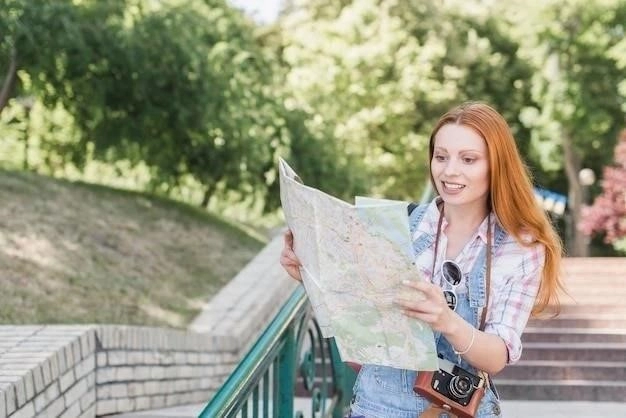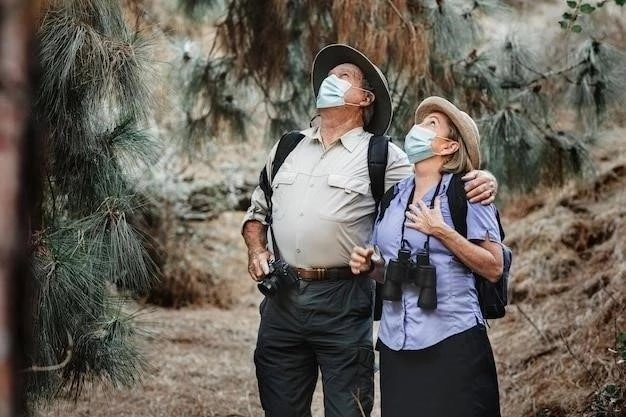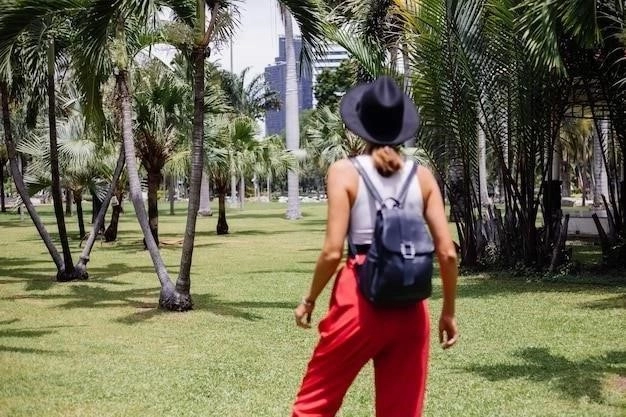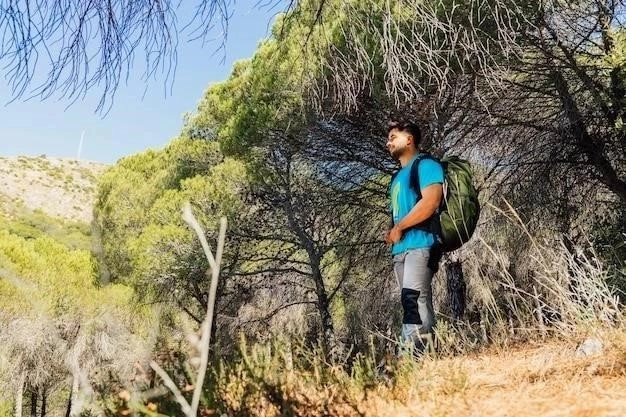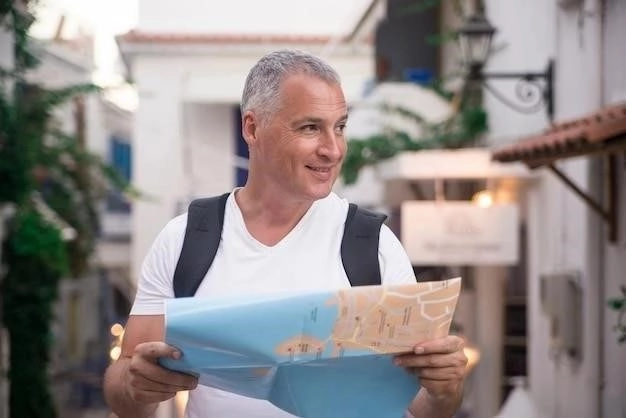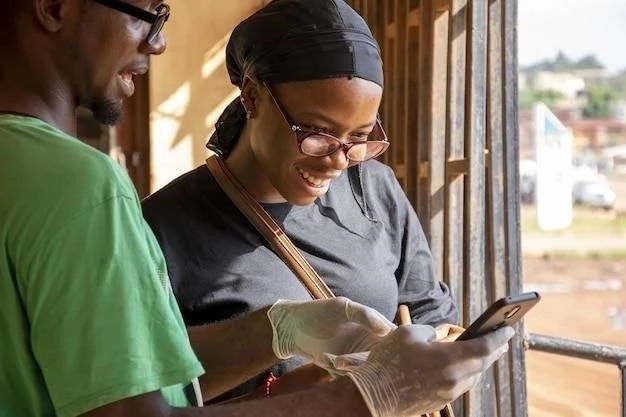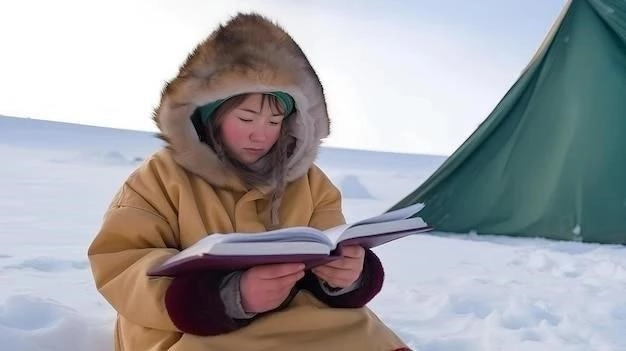Botswana Travel Guide 2024
Botswana, a landlocked country in Southern Africa, offers a captivating blend of breathtaking landscapes, abundant wildlife, and rich cultural heritage. This comprehensive guide provides essential information for planning an unforgettable journey to Botswana in 2024.

1. About Botswana

Situated in Southern Africa, Botswana is a landlocked country celebrated for its diverse landscapes and rich wildlife. Botswana shares borders with South Africa, Namibia, Zambia, and Zimbabwe. Covering an area of 581,730 square kilometers (224,607 square miles), Botswana is geographically diverse, encompassing the Kalahari Desert, the Okavango Delta, and extensive grasslands.

Renowned for its commitment to conservation, Botswana is home to approximately 100,000 elephants, the largest elephant population globally. The Okavango Delta, a UNESCO World Heritage Site, is an ecological marvel, a sprawling inland delta renowned for its incredible biodiversity. The country’s captivating landscapes and abundant wildlife make it a premier destination for safaris and ecotourism.
Botswana boasts a rich cultural heritage, primarily influenced by the Bantu-speaking Tswana people, who constitute the majority of the population. The country’s cultural tapestry is woven with vibrant traditions, music, dance, and art, offering visitors a glimpse into the heart of Botswana.
2. Visa and Entry Requirements

Before embarking on your journey to Botswana, it’s essential to ensure you meet the necessary visa and entry requirements. These requirements can vary depending on your nationality. Citizens of certain countries may enter Botswana without a visa for a specified period, typically for tourism or business purposes. However, it’s crucial to verify the latest visa regulations with the Botswana Embassy or Consulate in your home country before you travel.
Generally, visitors to Botswana must possess a passport valid for at least six months beyond their intended stay, with at least two blank pages for entry stamps. Additionally, you may be required to show proof of onward or return travel arrangements and sufficient funds to cover your expenses during your time in Botswana.

If your nationality requires a visa, you must apply for one at the Botswana Embassy or Consulate in your home country. Visa processing times can vary, so it’s advisable to apply well in advance of your planned departure date. It’s essential to provide all required documentation and fees with your visa application to ensure a smooth process.
3. Best Time to Visit
Botswana offers year-round travel opportunities, each season painting a unique landscape and offering distinct wildlife viewing experiences. The best time to visit Botswana depends largely on your interests and priorities.
The dry winter months, from May to October, are considered the peak season for wildlife viewing. During this time, animals congregate around water sources, making them easier to spot. The weather is generally dry and sunny, with cool to warm temperatures. However, evenings and mornings can be chilly, particularly in the desert regions.

The green season, from November to April, is characterized by lush vegetation and the possibility of afternoon showers. While wildlife viewing can be more challenging due to thicker foliage, this season offers excellent birdwatching opportunities and a chance to witness newborn animals. The Okavango Delta, in particular, transforms into a watery wonderland during this time, ideal for mokoro rides and boat safaris.

4. Getting Around
Navigating Botswana’s diverse terrain and reaching its remarkable destinations requires careful planning and consideration of the available transportation options.
By Air: Botswana has a well-developed domestic air network, with Air Botswana offering scheduled flights connecting major towns and cities. Light aircraft and chartered flights provide access to remote areas, particularly safari lodges and camps.
Self-Drive: For the adventurous traveler, self-driving is a rewarding way to explore Botswana at your own pace. However, it’s essential to be well-prepared with a reliable 4×4 vehicle, adequate supplies, and a good map or GPS navigation system. Some areas, particularly during the rainy season, may require off-road driving experience.
Guided Tours: Organized tours, offered by reputable tour operators, provide a hassle-free and comprehensive way to experience Botswana. These tours typically include transportation, accommodation, meals, and guided excursions, ensuring a seamless and enriching travel experience.
5. Accommodation
Botswana offers a wide range of accommodations to suit every budget and preference, from luxurious safari lodges to comfortable guesthouses and campsites.
Safari Lodges: For an unforgettable experience, consider staying in one of Botswana’s renowned safari lodges. These lodges offer an unparalleled level of comfort and luxury, often situated in prime wildlife viewing areas. Guests can expect exquisite cuisine, personalized service, and guided game drives and activities.
Guesthouses and Hotels: In towns and cities, guesthouses and hotels provide comfortable and affordable lodging options. These establishments cater to a range of budgets, offering amenities such as en-suite bathrooms, swimming pools, and restaurants.
Campsites: For those seeking an immersive experience, Botswana offers a variety of campsites, often located within national parks and game reserves. Camping allows you to connect with nature, enjoy stargazing opportunities, and wake up to the sounds of the African bush.
6. Top Tourist Destinations
Botswana is home to a wealth of extraordinary tourist destinations, each offering a unique glimpse into the country’s natural beauty and cultural heritage.
Okavango Delta: This UNESCO World Heritage Site is a must-visit for its stunning beauty and abundant wildlife. Explore the delta’s waterways by mokoro (traditional dugout canoe), enjoy exhilarating game drives, or marvel at the diverse birdlife.
Chobe National Park: Known for its impressive elephant population, Chobe National Park offers exceptional wildlife viewing opportunities. Embark on thrilling game drives, take a scenic boat safari on the Chobe River, or witness the breathtaking Chobe Riverfront, teeming with animals.
Makgadikgadi Pans National Park: Experience the stark beauty of the Makgadikgadi Pans, vast salt flats that transform into a surreal landscape during the rainy season. Witness the migration of zebras and wildebeest, and discover ancient baobab trees that have stood for centuries.
7. Safety and Security
Botswana is generally a safe and stable country for travelers. However, it is essential to exercise caution and adhere to basic safety precautions to ensure a secure and enjoyable trip.
Wildlife Awareness: Remember that Botswana is home to wild animals. Maintain a safe distance from wildlife, and never approach or attempt to feed them. Always follow the guidance of experienced guides while on game drives or bush walks.
Health Precautions: Consult with your healthcare provider regarding necessary vaccinations and health precautions before traveling to Botswana. Pack insect repellent, sunscreen, and any required medications. It’s also advisable to drink bottled water and consume food from reputable sources to prevent stomach upsets.
Valuables and Security: Safeguard your valuables and be mindful of your surroundings, especially in crowded areas or when withdrawing money from ATMs. Utilize hotel safes for important documents and valuables whenever possible.
8. Health Information
Prioritizing your health while traveling to Botswana is paramount for a safe and fulfilling journey. Taking necessary precautions and being aware of potential health risks can contribute to a more enjoyable experience.
Vaccinations: Consult with your healthcare provider or a travel medicine specialist at least four to six weeks before your trip to determine the recommended vaccinations for Botswana. Routine vaccinations, such as those for measles, mumps, rubella, diphtheria, tetanus, pertussis, and polio, should be up-to-date. Additionally, depending on your itinerary and activities, vaccinations for hepatitis A and typhoid fever may be advised.
Malaria: Malaria is present in some areas of Botswana, particularly during the rainy season. Discuss malaria prevention strategies with your healthcare provider, which may include antimalarial medication, insect repellent, and the use of mosquito nets.
Medical Facilities: Botswana has a developing healthcare system, with medical facilities available in major cities and towns. However, healthcare infrastructure in remote areas may be limited. It’s advisable to obtain comprehensive travel insurance that covers medical emergencies and evacuation, if necessary.


